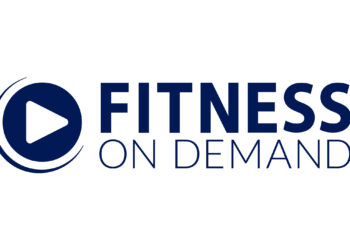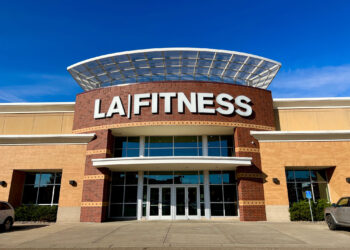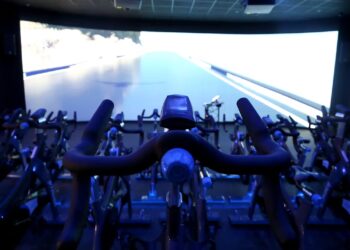
The New York State Court of Appeals ruled on February 7, 2013, in the decision of Gregory Miglino Jr. v. Bally Total Fitness of Greater New York, that health clubs in the state of New York, do not have a legal obligation to use Automatic External Defibrillators (AEDs) on members experiencing cardiac arrest, or other heart complications.
Although health clubs in New York are still required by law to have at least one AED on premise, David Day, the vice president of government relations for the American Heart Association, said the American Heart Association’s concern is that health clubs will no longer make AEDs available as a result of the court decision. “An AED is the only medical device that can resuscitate a patient from cardiac arrest,” said Day. “Our biggest concern is that clubs might now feel that they don’t need to have AEDs available. Having the AEDs available, such as not locked in a back room somewhere, can be lifesaving for members.”
Day pointed out that clubs in New York are protected by the Good Samaritan Law, which protects volunteers — including health club employees using AEDs — that supply emergency treatment, from liability for injuries or death, unless the injury or death was a result of gross negligence.
Jeff Bodnar, the vice president of operations for New York Health & Racquet Club, said each of his clubs has at least one AED, and one person on staff trained in its use at all times. Bodnar said he agreed with the New York State Court of Appeals ruling. “As far as I’m concerned, the decision is a fair interpretation of the law,” said Bodnar. “Our employees are trained to use an AED, and I can prepare them for a situation in which they’d have to use it. However, when it comes down to it, I can’t compel them to actually use it.”
According to court documents from the New York State Court of Appeals, Gregory Miglino Jr.’s father, Gregory Miglino Sr., had collapsed inside Bally Total Fitness in March 2007. A receptionist for Bally called 911, and Kenneth LaGrega, an employee of Bally trained to use the club’s AED, responded to the emergency. After finding Miglino with a faint pulse and normal color, he did not use the AED. When emergency responders arrived, Miglino Sr. was rushed to the hospital, and later died.
As a result, Miglino Jr. charged Bally Total Fitness with the wrongful death of his father. According to court documents, Miglino Jr. filed a complaint on the grounds that Bally Total Fitness and Bally employees “failed to use an available AED, or failed to use it within sufficient time, to save Miglino’s life.”
The discussion surrounding AEDs is a hot topic. According to Kara Nett Hinkley, a policy associate for the National Conference of State Legislatures, there were a total of 56 bills recently passed or pending in the U.S. related to AEDs and cardiac arrest. States that now require health clubs to have at least one AED on premise include California, Illinois, Indiana, Massachusetts, Michigan, New Jersey, New York, Pennsylvania, Rhode Island and the District of Columbia.
According to Day, having an AED on site isn’t enough. “Health clubs have to have trained staff and an emergency response plan,” advised Day. “There are many cases where having AEDs in health clubs has saved people’s lives. We hope that the health clubs in New York will continue to ensure that their members and patrons have access to AEDs when one might be needed and that they are reassured that they are protected by the state’s Good Samaritan Law.”
Club Solutions Magazine attempted to contact Bally Total Fitness’ headquarters, but no response had been made at the time of publishing.
By Rachel Zabonick
Stay ahead in the fitness industry with exclusive updates!
Rachel Zabonick-Chonko is the editor-in-chief of Club Solutions Magazine. She can be reached at rachel@peakemedia.com.












Premedics trained staff visits each location every year to provide on-site AED inspection, AED scenario practice training and AHA certification training for your team.
Source:http://www.premedics.com/why-aed-management.php